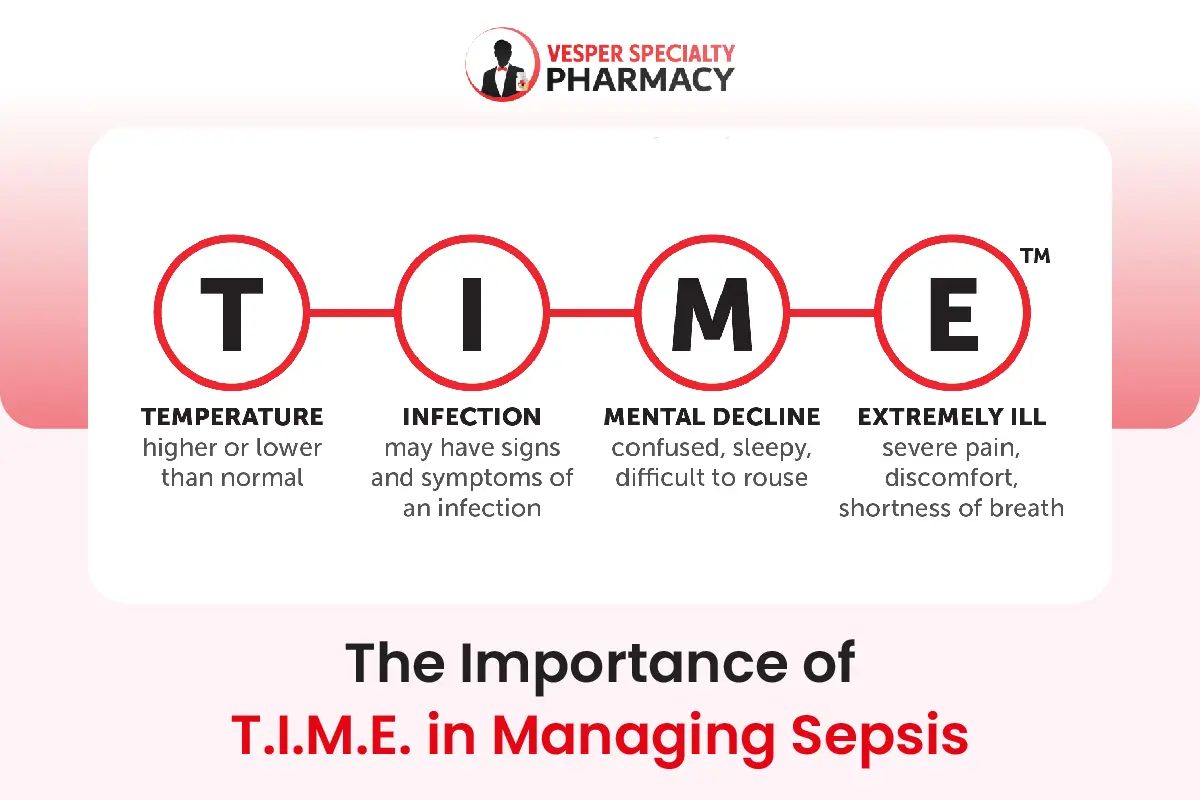The immune system serves as the body’s defense mechanism, protecting it from harmful pathogens such as viruses, bacteria, parasites, and fungi. It comprises a complex network of cells, tissues, and organs that work together to identify and neutralize foreign invaders while distinguishing them from the body’s own healthy cells.
Table of Contents
Function of the Immune System
The primary function of the immune system is to protect the body against infections and diseases. It achieves this through several key mechanisms:
Identification of Foreign Invaders: Specialized cells called white blood cells, including lymphocytes, macrophages, and neutrophils, recognize and target foreign substances known as antigens.
Immune Response: Upon detecting antigens, the immune system mounts a response to neutralize and eliminate them. This response can involve the production of antibodies, activation of immune cells, and release of chemical signals to coordinate the immune reaction.
Memory: Following an initial encounter with a specific pathogen, the immune system develops a memory of the invader. This memory allows for a faster and more effective response upon subsequent exposures, leading to immunity against certain diseases.
Surveillance: The immune system continually monitors the body for signs of infection or abnormal cell growth, enabling early detection and intervention to prevent the spread of disease.
Key Components of the Immune System
1. White Blood Cells (Leukocytes)
White blood cells, also known as leukocytes, are the primary defenders of the immune system. They are produced in the bone marrow and circulate throughout the body, patrolling for pathogens and abnormal cells. There are several types of white blood cells, each with specific functions in fighting infection and disease.
2. Lymphatic System
The lymphatic system is a network of vessels and organs that help transport white blood cells and lymphatic fluid throughout the body. Lymph nodes, spleen, and thymus are essential components of the lymphatic system, where immune cells are produced and activated.
3. Antibodies
Antibodies, also known as immunoglobulins, are proteins produced by the immune system in response to the presence of specific antigens. They recognize and bind to foreign substances, marking them for destruction by other immune cells.
Conditions Affecting the Immune System
Several factors can influence the function of the immune system, leading to various conditions and disorders:
Immunodeficiency Disorders
These conditions result from a weakened or impaired immune response, making individuals more susceptible to infections. Examples include primary immunodeficiencies, such as severe combined immunodeficiency (SCID), and acquired immunodeficiency syndrome (AIDS) caused by the human immunodeficiency virus (HIV).
Autoimmune Diseases
In autoimmune diseases, the immune system mistakenly targets and attacks the body’s own cells and tissues, causing inflammation and tissue damage. Common autoimmune diseases include rheumatoid arthritis, lupus, multiple sclerosis, and type 1 diabetes.
Allergies
Allergic reactions occur when the immune system overreacts to harmless substances (allergens) such as pollen, dust mites, or certain foods. Symptoms range from mild itching and sneezing to severe anaphylaxis, a life-threatening condition.
Hypersensitivity Reactions
These reactions involve an exaggerated immune response to specific antigens, leading to tissue damage and inflammation. Examples include type I hypersensitivity reactions (e.g., allergies), type II hypersensitivity (e.g., autoimmune hemolytic anemia), type III hypersensitivity (e.g., systemic lupus erythematosus), and type IV hypersensitivity (e.g., contact dermatitis).
Disorders of Immune System Regulation
In addition to the above conditions, dysregulation of the immune system can contribute to various disorders:
Inflammatory Disorders
Chronic inflammation plays a role in the pathogenesis of numerous diseases, including inflammatory bowel disease (e.g., Crohn’s disease, ulcerative colitis), psoriasis, rheumatoid arthritis, and asthma.
Immune System Overactivity
Hyperactivity of the immune system can result in excessive inflammation and tissue damage. This phenomenon is observed in conditions such as sepsis, where an overwhelming immune response to infection leads to systemic inflammation and organ dysfunction.
Immunosuppression
In certain situations, such as organ transplantation or autoimmune diseases, immunosuppressive drugs are used to dampen the immune response and prevent rejection of transplanted organs or reduce autoimmune activity.
Strategies to Strengthen Your Immune System
1. Balanced Diet
Maintaining a balanced diet rich in fruits, vegetables, whole grains, and lean proteins provides essential nutrients and antioxidants that support immune function. Incorporating foods high in vitamins C, D, and E, as well as zinc and selenium, can help boost immunity.
2. Regular Exercise
Regular physical activity has been shown to enhance immune function by promoting circulation, reducing inflammation, and supporting the production of immune cells. Aim for at least 30 minutes of moderate exercise most days of the week to reap the benefits.
3. Sufficient Sleep
Quality sleep is crucial for immune health, as it allows the body to rest and repair itself. Aim for 7-9 hours of uninterrupted sleep each night to support optimal immune function.
4. Stress Management
Chronic stress can weaken the immune system and increase susceptibility to illness. Incorporate stress-reducing activities such as meditation, deep breathing exercises, yoga, or spending time in nature to promote relaxation and immune resilience.
5. Hydration
Staying hydrated is essential for overall health and immune function. Aim to drink plenty of water throughout the day to keep the body hydrated and support the proper functioning of immune cells.
Conclusion
The immune system plays a vital role in maintaining overall health and protecting the body from infectious agents and other threats.
Understanding its function and the various conditions and disorders that can affect it is essential for the diagnosis, treatment, and prevention of immune-related diseases.
Ongoing research continues to deepen our understanding of the immune system, offering new insights into potential therapeutic approaches for immune-related disorders.















